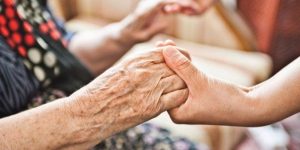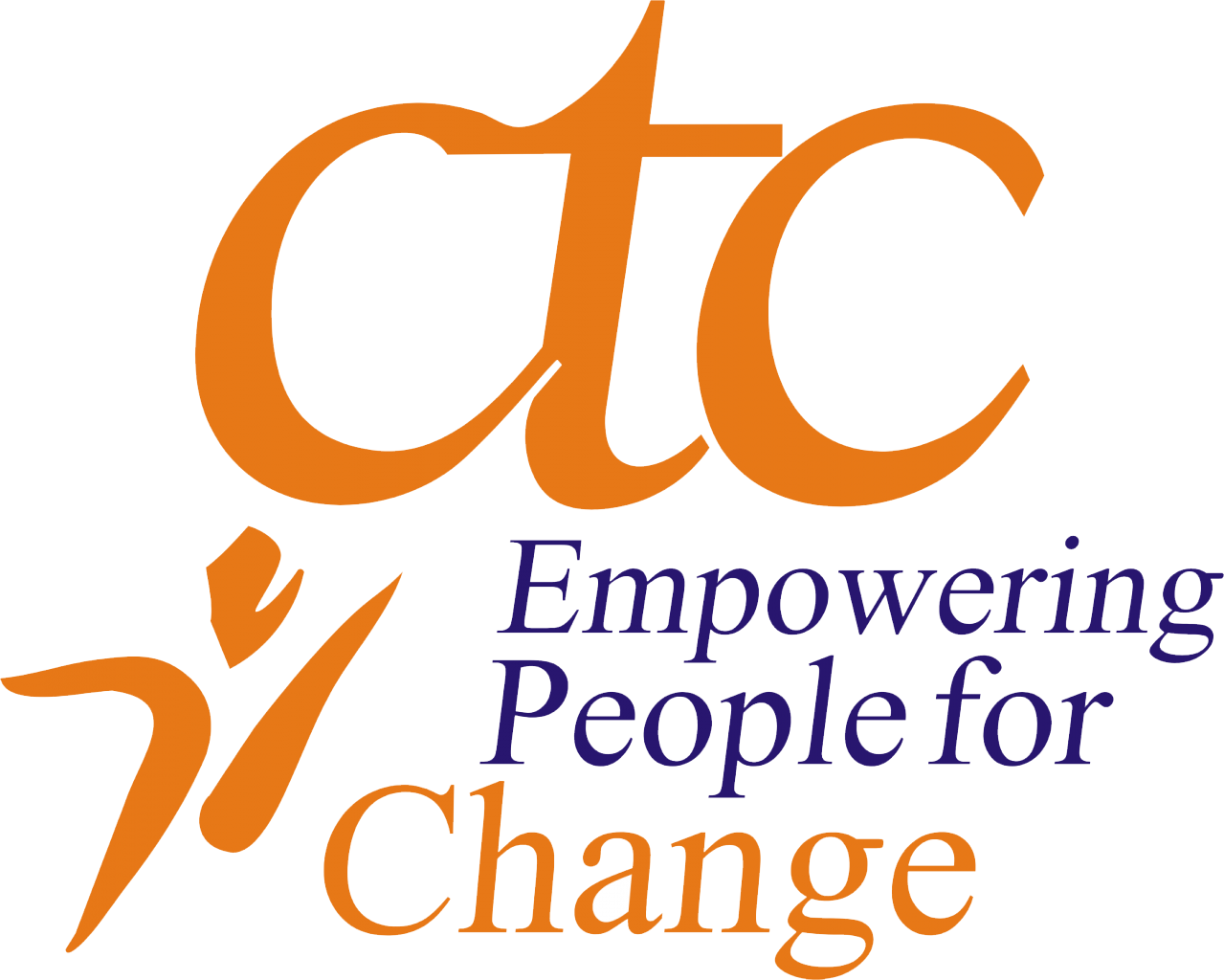 Implementing Organisation: Ivane Javakhishvili Tbilisi State University, Disability Research Centre
Implementing Organisation: Ivane Javakhishvili Tbilisi State University, Disability Research Centre
Partner Organisation:
Association of Disabled Women and Disabled Children DEA
Young Teachers Union
Duration: 7 months (24.06.2019 – 24.01.2020)
Problem statement: The number of senior citizens has been on the rise from year to year in Georgia. Health related issues severely affect the country’s aging population.
Even though the Universal Healthcare Program was introduced in 2013 there is no research into the effectiveness of the program to be found in academic literature. The development of homecare programme was identified as one of the priority directions. However, the research undertaken in 2015 suggests that senior citizens have access to services delivered by non-governmental organisations.
Even though Georgia has an ageing policy, according to a parliamentary report 2018 of the Public Defender of Georgia the majority of objectives and activities set forth by the policy document have not been implemented. The same report stresses the dire need for more residential and day care facilities tailored to the need of the aged population.
According to the Action Plan on Ageing local self-governments are important players for ensuring healthcare and social protection for the country’s ageing population. However, the Public Defender’s parliamentary report for 2018 highlights the lack of considerable progress in the implementation of programmes and services targeting the needs of senior citizens in the municipalities.
The Parliamentary Report 2018 of the Public Defender of Georgia highlights the importance of needs assessment pertaining to the country’s ageing population. There has been no study into the needs of senior citizens in Georgia.
In addition, there is no comprehensive database capturing services available to senior citizen as a result of which social and health workers working with the elderly have limited access to information as to what services are available to their beneficiaries. The lack of information prevents these professionals to effectively carry out their duties.
Overall objective of the project: the research aims to analyse major challenges within the elderly care system and the basic needs of senior citizens.
Expected outcomes:
- A comprehensive database mapping available elderly care services throughout the country
- Assessment of needs for health and social care of the ageing population throughout the country
Findings of the research will allow for greater understanding of needs of specific senior groups in the capital as well as in the regions. The findings will also provide necessary information to local municipalities to develop programmes tailored to the needs of the ageing population in respective municipalities.
Methodology:
Service mapping – a unified database to be created within the frames of the research will bring together information of elderly health and social care services in the entire country. The research will include both the analysis of the secondary data as well as interviews (face to face and phone) with service providers.
Needs assessment – health and social protection needs of the following groups will be analysed individually: (1) senior citizens with visual impairment (2) senior citizens with hearing impairment (3) senior citizens with limited mobility (4) senior citizens with memory and concentration problems. The data will be segregated according to economic standing gender and geography.


You must be logged in to post a comment.